- Membership Resources
- State Chapters
- Education/Events
-
Advocacy/Policy
- Home Care Workforce Crisis: An Industry Report and Call to Action
- Advocacy Fund
- State of Home Care: Industry at Crossroads
- Home Care Workforce Action Alliance
- Caring for Seniors: Value of Home Care
- Home Care by the Numbers
- Issues & Positions
- Legislative Action Network
- State Legislation Tracker
- Federal Legislation Tracker
- 2024 National Advocacy Day
- About HCAOA
- Find a Job
 By: Elizabeth E. Hogue, Esq. On June 12, 2021, the United States District Court for the Southern District of Texas issued an order dismissing a lawsuit brought by employees of Houston Methodist Hospital challenging the Hospital’s requirements for all employees to be vaccinated [Jennifer Bridges, et al v. Houston Methodist Hospital, et al, Case 4:21-cv-01774, (U.S. District Court for the District of Texas, June 12, 2021)]. On April 1, 2021, the Hospital announced a policy that required all employees to be vaccinated against COVID-19 by June 7, 2021, at its expense.
Employees sued to block the requirements to be vaccinated and the termination of employees who remain unvaccinated after the deadline. With regard to claims of wrongful termination of unvaccinated employees, the Court said that employees’ claims that available COVID-19 vaccines are experimental and dangerous are “false and irrelevant.” “Vaccine safety and efficacy are not considered in adjudicating this issue,” said the Court. The Court then clarified that Texas laws protect employees from termination for refusal to commit an act resulting in criminal penalties for workers. Specifically, employees must show that employees:
Employees also claimed that vaccination requirements violate public policy. According to the Court, Texas does not recognize this exception to the at-will doctrine of employment and, if it did, vaccination requirements are consistent with public policy. A number of Courts have decided that involuntary quarantine for contagious diseases and state-imposed requirements for mandatory vaccination do not violate due process. The Court then cited guidance issued on May 28, 2021, by the Equal Employment Opportunity Commission stating that employers can require employees to be vaccinated against COVID-19 as long as employers make reasonable accommodations for employees with disabilities or sincerely held religious beliefs that preclude vaccination. Employees also asked the Court to invalidate vaccination requirements because they violate federal law. They claimed that no available vaccines have been fully approved by the Food and Drug Administration (FDA) so vaccination cannot be mandatory to receive “unapproved” vaccines even in emergencies. The Court acknowledged that federal law authorizes the Secretary of Health and Human Services (HHS) to introduce medical products intended for use in emergencies into interstate commerce. Federal law also requires the Secretary to ensure that recipients understand the potential benefits and risks of use, and the option to accept or refuse administration of these products. The Court responded to this argument by pointing out that this law does not apply to private employers, such as the Hospital. Employees also claimed that they are being forced to participate in human research since no vaccine has been fully approved by the FDA. Consent to participate in research is required and cannot be coerced. The Court also rejected this claim. Finally, unvaccinated employees said that the threat of termination is equivalent to forced medical experimentation during the Holocaust. In response, the Court said, “Equating the injection requirement to medical experimentation in concentration camps is reprehensible.” The Court then noted that the employees’ claims do not amount to being forced or coerced to be vaccinated. Employees who refuse to be vaccinated can go work somewhere else. “If a worker refuses an assignment, changed office, earlier start time, or other directive, he may be properly fired. Every employment includes limits on the worker’s behavior in exchange for his remuneration. That is all part of the bargain.” So, it certainly looks like mandatory vaccination for COVID-19 is permitted! ©2021 Elizabeth E. Hogue, Esq. All rights reserved. No portion of this material may be reproduced in any form without the advance written permission of the author. HCAOA has printed with permission from the author.
0 Comments
Leave a Reply. |
Archives
July 2024
Categories
All
Upcoming Events |
|
Phone: 202-519-2960 | 444 N. Capitol Street NW, Suite 428 | Washington, DC 20001
[email protected] | sitemap © 2024 Home Care Association of America. All Rights Reserved. | Privacy Policy | Refund Policy |
|

 RSS Feed
RSS Feed
